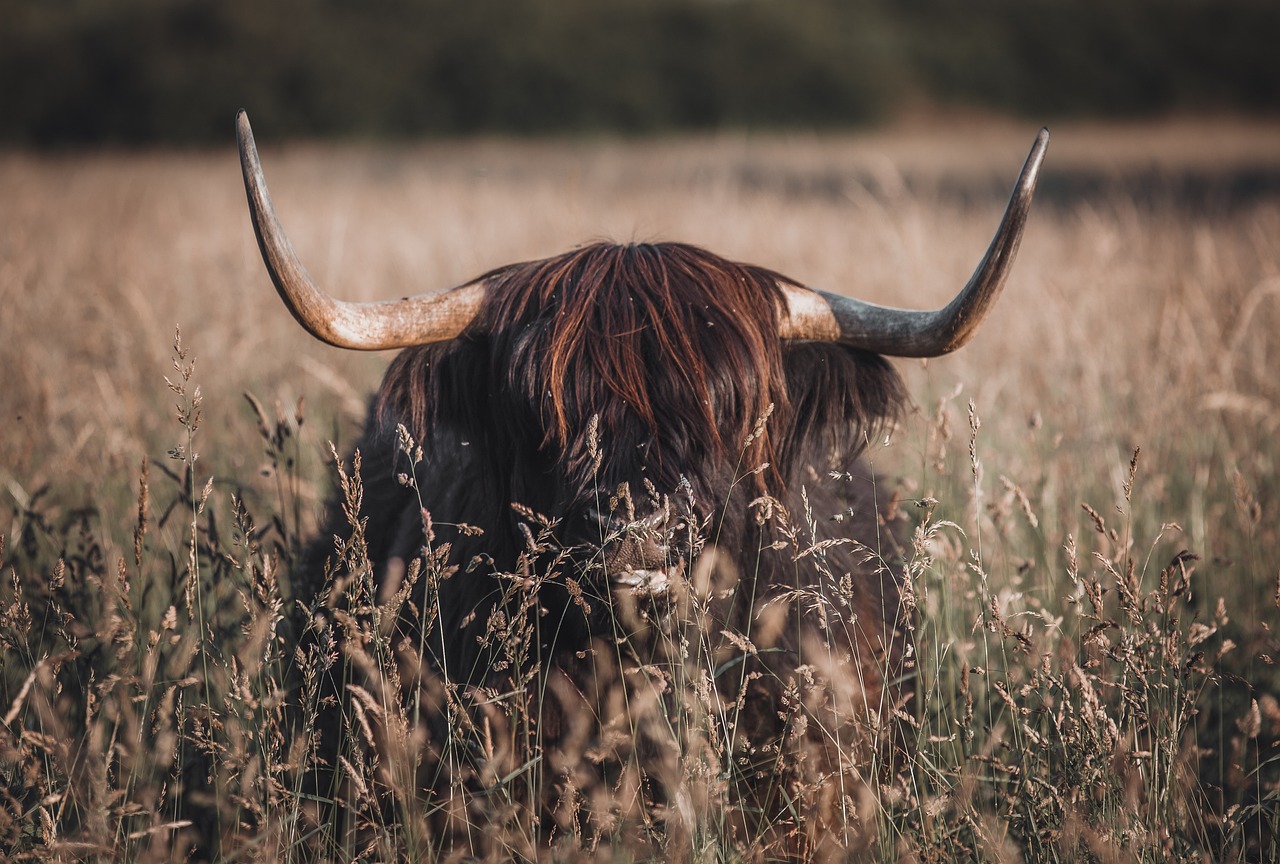SNP Leader Stephen Flynn Sets Sights on 2026 Holyrood Elections
In an ambitious announcement, Stephen Flynn, the leader of the SNP in Westminster, has declared his intention to run in the 2026 Holyrood elections. Having recently secured his position as the MP for Aberdeen South during July’s general election, Flynn aims to balance his responsibilities at both Westminster and Holyrood without accepting dual salaries.
Cadidate Selection and Internal Party Dynamics
The deadline for applications to become an SNP candidate for the upcoming elections closed recently, although the formal selection process is set to begin next year. Notably, former first ministers Nicola Sturgeon and Humza Yousaf have also expressed interest in running but have yet to confirm their intentions.
In a column for the Press and Journal, Flynn emphasized his commitment to participate actively in upcoming political battles. He expressed a desire to secure the party’s nomination for the Aberdeen South and North Kincardine seat, which is currently held by Audrey Nicoll. Flynn articulated his motivation by stating he does not wish to “sit out” critical issues facing his community and Scotland at large.
Flynn’s decision is significant in light of recent changes within SNP party rules that previously required MPs to resign their Westminster seats if they wished to pursue candidacy for Holyrood. This change affected notable figures like Joanna Cherry, who withdrew from the Edinburgh Central selection contest, citing a disadvantage due to this rule.
Future Leadership Speculation
While some speculate about Flynn’s potential as a future SNP leader, he remains focused on supporting his party and country. He dismissed immediate leadership contests as unlikely, expressing confidence in First Minister John Swinney.
Flynn remarked on the importance of contributing meaningfully to both parliaments and referenced past examples within SNP history where politicians successfully held seats in both Westminster and Holyrood. He believes that internal party rules should be adaptable based on electoral contexts.
As discussions continue around candidate eligibility and election strategies, it remains clear that Flynn’s ambitions reflect not only personal goals but also a broader vision for Scottish independence.
Looking ahead, the evolving landscape of Scottish politics will undoubtedly shape future elections. The SNP faces critical decisions regarding its leadership rules and strategy as it prepares for what could be transformative campaigns in both Holyrood and Westminster.


